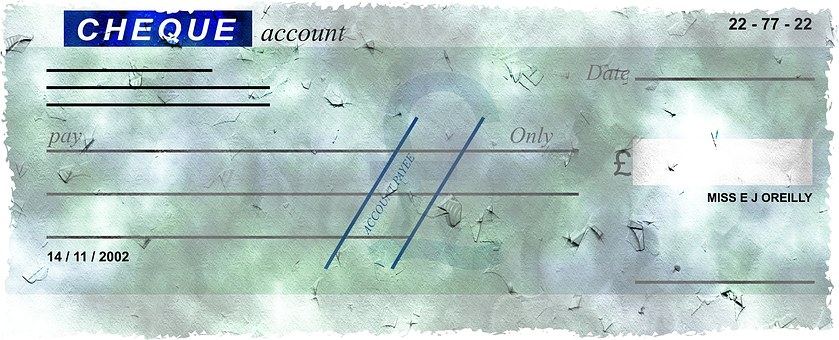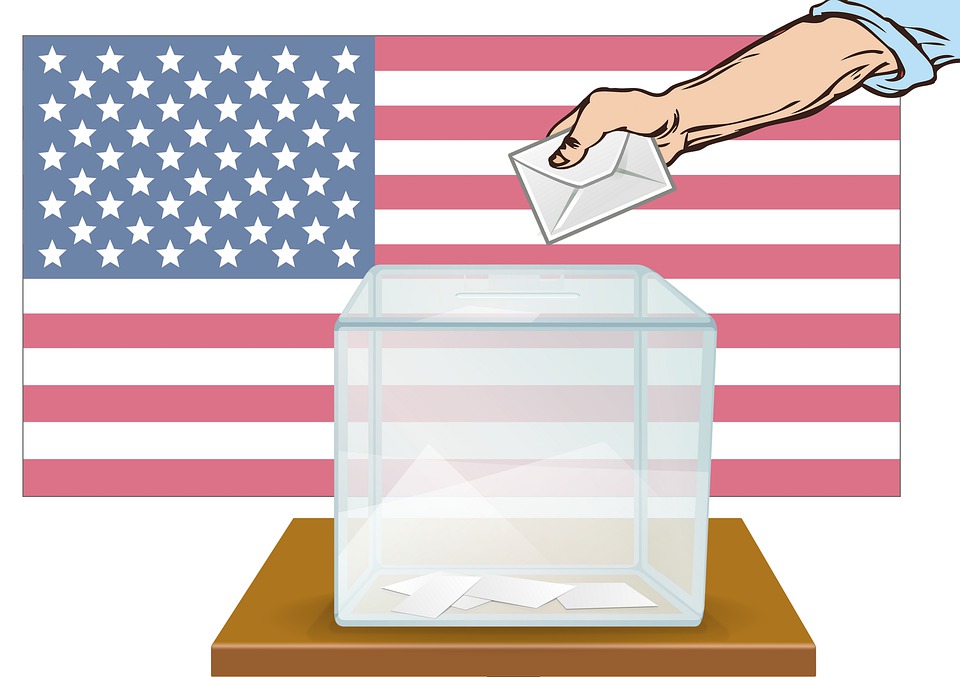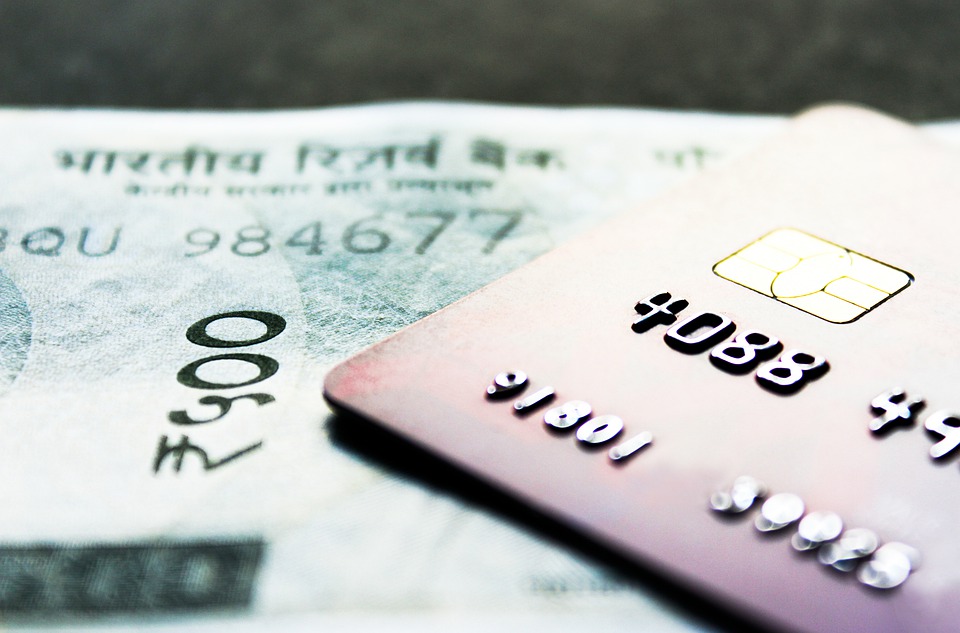A cheque is deemed to be “bounced” or “dishonored” if on being presented for payment, the money is not paid. A cheque may bounce because of various reasons including insufficient funds in the account, overdraft limit crossed, unmatched signature, overwriting on the cheque, presenting cheque after lapse of three months, etc. Cheque bouncing is a criminal offence in India and can lead to following disastrous consequences for the drawer;
Also read: Why your cheque can bounce?
- Bank penalty
A bounced cheque attracts penalty from the respective bank on both the drawer or defaulter and the payee. Penalty charges vary from Rs 100 to Rs 300, being higher for cheque outward return and lower for cheque inward return. However, the exact penalty charges vary with different banks and also account types.
In case the bounced cheque was issued for repayment of loan to bank, additional late payment charges have to be borne.
- Impact on CIBIL score
Having a good CIBIL score and history is of utmost importance in case you are seeking a loan. CIBIL score comprises of a 3 digit number ranging from 300 – 900. Anything above 750 is considered good enough. CIBIL score is used by lenders to determine the borrower’s credit worthiness and capacity to repay loans.
A bounced cheque negatively impacts the CIBIL score. In fact it can dent the financial history to such a level that lenders might deny a loan proposal in future unless proper measures are taken to maintain a healthy score. In such a scenario, one might have to seek professional help as well.
Also read : How to maintain your CIBIL score?
- Civil and criminal charges
The Negotiable Instruments Act, 1881 and the Indian Penal Code, 1960 gives the right to the payee to invoke a civil and criminal case against the issuer of the cheque. In case the cheque dishonor is willful, the issuer might be prosecuted for two years or fined up to twice the cheque amount or both.
However, when the cheque bounces for the first time, the payee may re submit the cheque with the bank within 3 months from the date of the cheque. But in case the second chance also turns out to be futile, the payee may issue a notice within 30 days of receipt of cheque return memo to the issuer asking for making good the payment within 15 days from the date of receipt of notice. In case the payment is not made, the payee can file the case within 30 days of expiry of the notice period of 15 days.
The legal route is valid only if there is a clear case of willful default on behalf of the issuer. Civil and criminal case can be filed in every case except if the cheque was issued as a gift, for donation, for lending loan or for some unlawful purpose.
In order to avoid going through the above harassment, it is best to avoid facing a bounced cheque at any cost. The most important thing is to keep a strict watch on your account balance and always try to maintain a surplus. Maintaining an overdraft limit is also advisable. Although it does entail a cost but it definitely will be less than the charges you would end up paying if the cheque bounces. In spite of this, if you happen to exhaust your account limit, inform the person to whom you have issued the cheque right away and deposit funds as soon as possible.


























